Edtech, Equity, and Innovation: A Critical Look in the Mirror
Digital Promise
APRIL 23, 2019
In our current education system, we continue to see gaps in graduation rates and unequal access to high-quality public schools. When schools persistently graduate less than half of their students of color and students with disabilities, we call those schools dropout factories. Let’s start a movement.


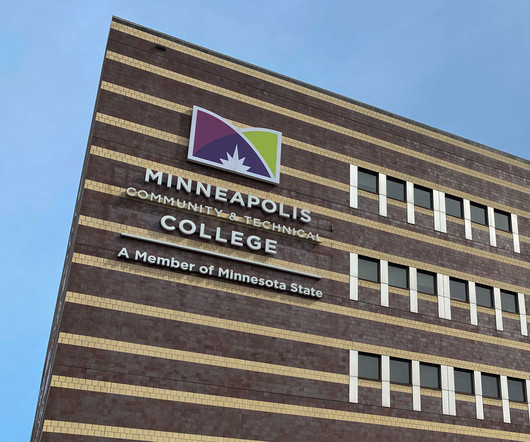
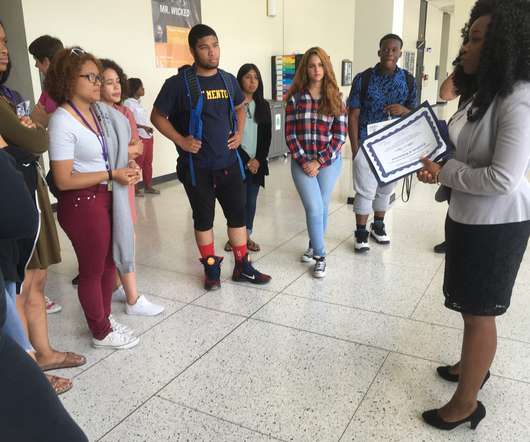

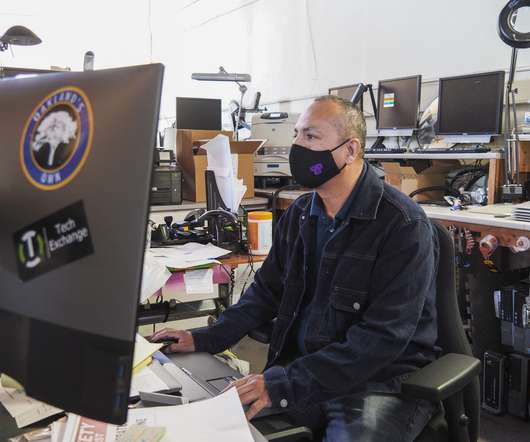








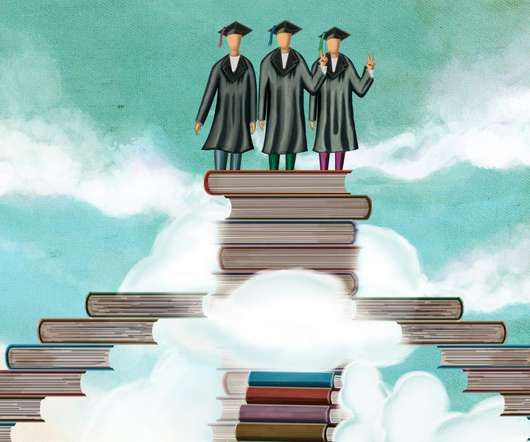


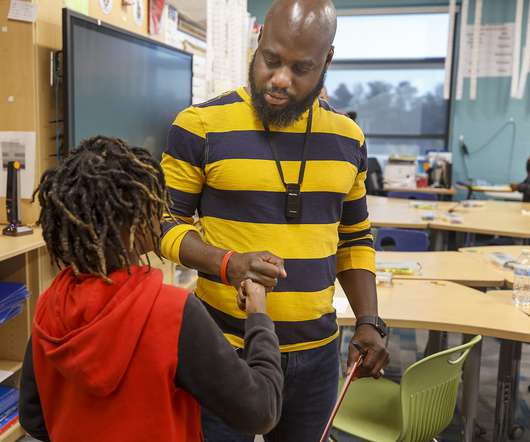















Let's personalize your content